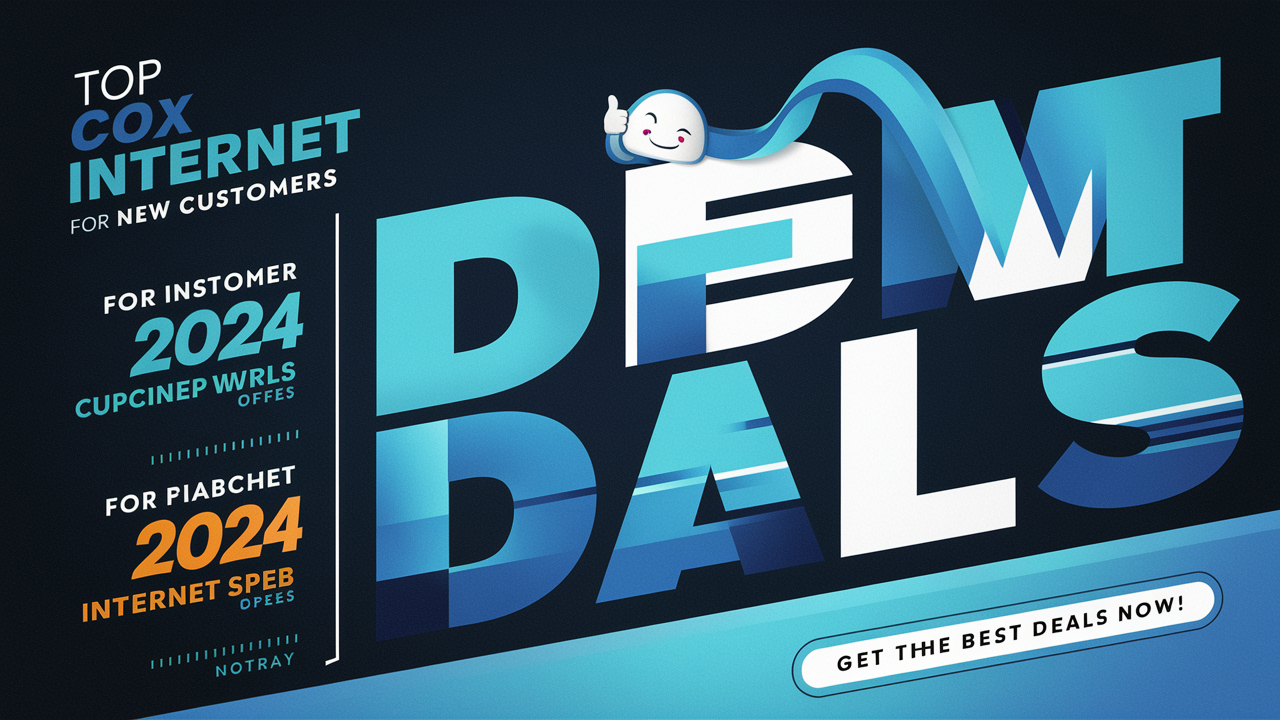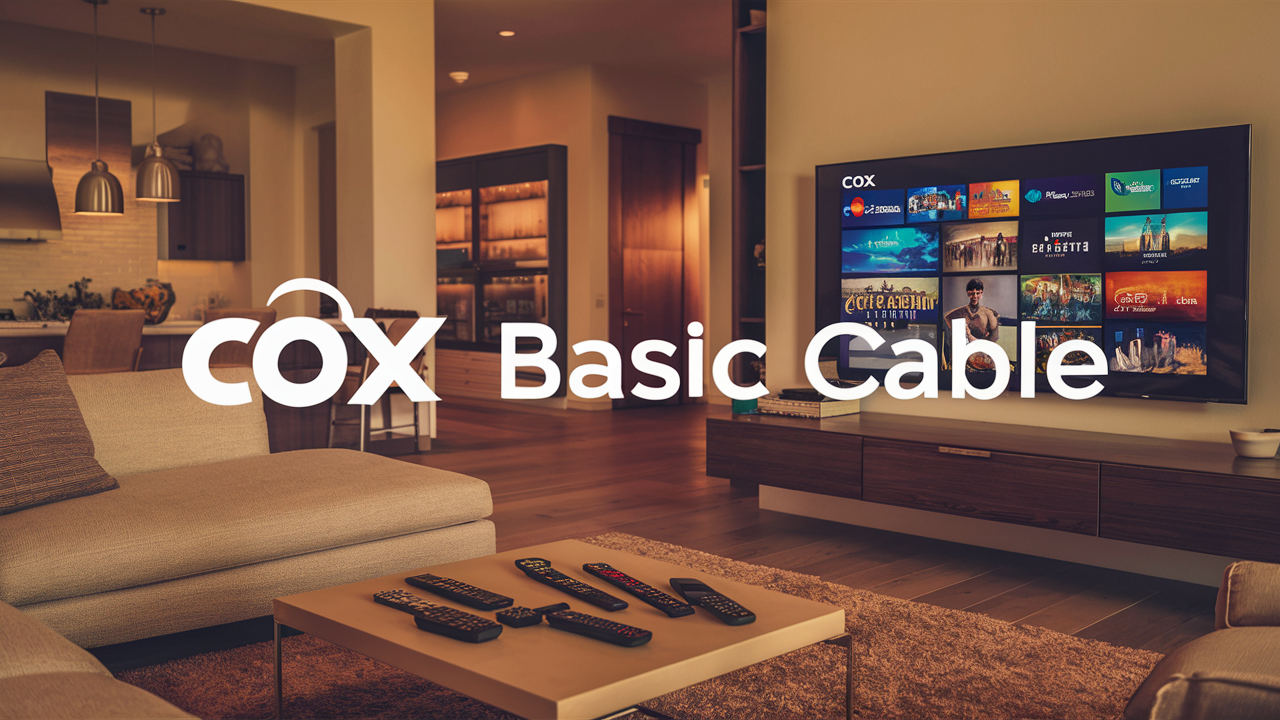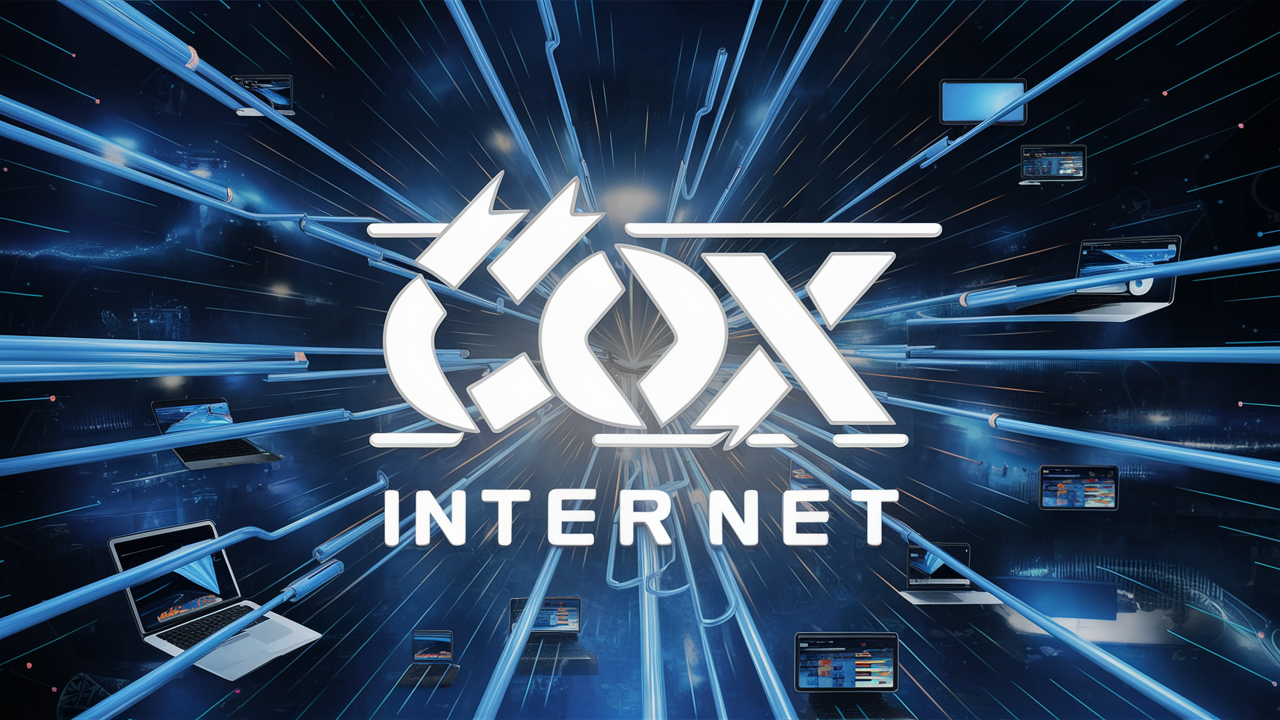Who is the Competitor of Cox?

Cox Communications Inc. is a major telecommunications company in the United States providing cable television, broadband internet, telephony, and home security services to customers in different locations across the country. Cox is a large telecommunication company that operates in a competitive market and therefore faces competition from several companies.
The top competitors of Cox Communications are:
Comcast Xfinity
Cox Cable could be Comcast Xfinity’s biggest and closest competitor. Similar to Cox, Comcast provides cable television, broadband, telephones, and home security for residential clients in 40 states. Cox has a smaller customer base than Comcast, as the latter is the largest cable provider in the nation and is often found in the same places as Cox. These two brands particularly offer bundled service plans for their clients, and they both fiercely compete in this market. Another significant competitive edge that Comcast has over other competitors in some geographic locations is the ability to provide fiber internet connection that can go up to 1 gig per second.
AT&T
Although both companies do not directly compete with each other, they provide services within the same sectors, including internet, phone plans, and smart home security systems. They no longer offer cable TV but their fiber-based internet service U-verse is another service that competes well with Cox's broadband internet service where the two companies have an overlap. Further, AT&T offers its products and services in the same fields as Cox; its 5G and fiber phone line services and smart home security in the Digital Life line of service.
Spectrum
Spectrum is another cable company that directly competes with Cox since both companies cover most regions that Spectrum is operating in; it is a product of Charter and Time Warner Cable. Spectrum provides services in the form of cable television, internet, home telephone, and mobile phone services, and these services can be taken as a bundle. In some regions, Spectrum has fiber Internet connections that can support up to one gig in downloads, which will help it counter the Cox Internet services that are gradually increasing. They are both aggressive competitors in the cable industry with an unyielding desire to gain as much market share as possible.
CenturyLink
Although it is not as large as some of the other competitors already mentioned, CenturyLink provides high-speed Internet, home telephone, and smart home security in more than 40 states, including many areas in which they are head-to-head with Cox Communications. As a result, CenturyLink mainly targets fiber internet and 5G networks instead of coaxial cables for delivering TV signals, which makes them able to price-chase Cox on broadband and phone services. As Cox expands its Gigabit internet speeds to more areas, the competition with fiber operators such as CenturyLink grows even more.
Verizon Fios
Indeed, Verizon Fios directly challenges Cox to provide high-speed fiber optic internet, digital phone connection, and Fios TV to its subscription clients. The first fiber internet can offer extremely fast Internet connection with a speed of nearly one gigabit per second in the areas where Verizon has deployed the Fios network. Thus, in areas of operation where both firms Verizon Fios and Cox exist, they heavily focus on internet speed and the range of service packages. Verizon Fios is in a position to offer faster fiber speeds where available than any other internet service.
DIRECTV
Currently, like most of Cox’s competitors, DIRECTV does not have bundled services; however, they are one of the largest satellite TV providers, with more than 17 million clients across the country. Cox has competitors in the cable TV services it offers through the services offered by DIRECTV, which directly complements the services offered by the company and offers more channels, flexibility, and enhanced video quality. DIRECTV promotes a high-end DVR system and programming in 4K-ready that most cable offerings from Cox in the regions where the company has operations do not offer. On the other hand, as more customers are opting out of subscribing to cable services, DIRECTV stands ready to secure the escaping TV consumers.
Additional Competitors
Apart from the above main competitors, Cox has other main competitors as follows: Other competitors that exist and offer internet services in the market besides the main brands are several small and regional ISPs that operate in certain cities and towns within Cox’s service area. These providers include fiber optic companies that offer high-speed internet connection with high speed in rural areas and municipal broadband, which is an entity owned by local government. Some of the localized competitors include Google Fiber, Sonic, and EPB Fiber Optics. While less dominant than Cox, these competitors still pull a share of the emerging markets on Cox in given regions.
An analysis of the threats that Cox is exposed to in the market can be evidenced by a list of competitors that it faces in the internet, cable TV, phone, and smart home markets, all of which depict how cut-throat the telecom industry is. This puts a lot of pressure on Cox to maintain the use of service bundles, increase the speed of internet connections, and implement more customer loyalty programs so that the company can maintain its customer base as it is threatened from all sides. Some of the competitors are larger and more massive, like Comcast and AT&T, while some are recognized as leaders in fiber-optic technologies, like Verizon Fios and CenturyLink. Therefore, as long as Cox is willing to continue innovating and places its customers first, it will be able to sustain its position even when everyone is vying for the position.
Ready to upgrade your internet experience? Call us now at +1 844-349-7575 to explore the best Cox Internet plans for your needs!





